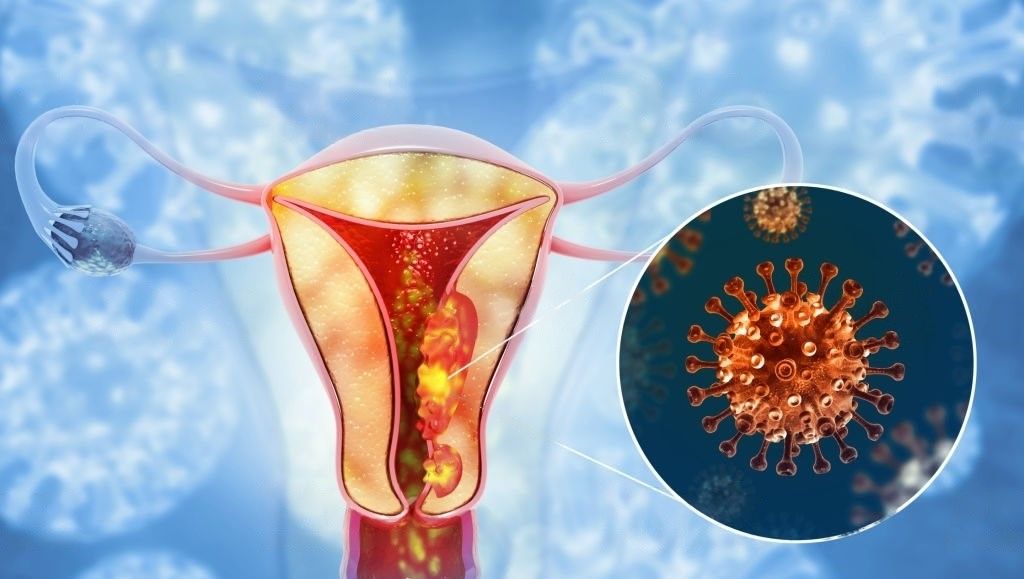Endometriosis and Diet: Finding Comfort through Food Choices
Incorporating turmeric, whole grains, legumes, vibrant vegetables, and herbal teas from the Indian diet provides a comprehensive method for addressing the challenges associated with endometriosis.

Endometriosis, a chronic condition affecting many women globally, is characterized by the growth of tissue resembling the uterine lining outside the uterus. This condition can lead to pain, inflammation, and fertility challenges. While medical interventions are vital in managing endometriosis, recent research highlights the potential impact of dietary choices in alleviating symptoms and enhancing overall well-being. This blog delves into the scientific foundation behind the connection between endometriosis and an Indian diet, exploring specific foods that may offer relief and elucidating the scientific rationale supporting their potential benefits.
Understanding Endometriosis
Before diving into the dietary aspects, it's crucial to comprehend the basics of endometriosis. This condition involves the abnormal growth of endometrial tissue outside the uterus. This tissue can implant on organs like the ovaries and fallopian tubes, leading to inflammation, pain, and the formation of scar tissue (adhesions). Although the precise cause of endometriosis remains elusive, factors such as hormonal imbalances, genetics, and immune dysfunction are believed to contribute to its development.
The Role of an Indian Diet in Endometriosis Management
Emerging research suggests that certain elements of the traditional Indian diet can potentially aid in managing endometriosis symptoms by reducing inflammation, supporting hormonal equilibrium, and promoting overall wellness.
1. Turmeric: Nature's Anti-Inflammatory Ally
Turmeric, a quintessential spice in Indian cuisine, contains curcumin—an active compound with potent anti-inflammatory properties. Curcumin's ability to modulate inflammation pathways can potentially alleviate the chronic inflammation associated with endometriosis. Including turmeric in your diet can provide a flavorful way to combat inflammation and reduce pain.
2. Whole Grains: Nurturing Hormonal Balance
Whole grains like brown rice, quinoa, and millets are rich in fiber, a component essential for hormonal balance. Fiber assists in eliminating excess estrogen from the body. Excess estrogen can exacerbate endometriosis symptoms, so incorporating whole grains can aid in maintaining hormonal equilibrium and potentially alleviate discomfort.
3. Legumes and Lentils: Plant-Based Protein Power
Legumes and lentils are staple sources of plant-based protein in Indian diets. These foods contain phytoestrogens—natural compounds with estrogen-like effects. Phytoestrogens can modulate estrogen levels in the body, potentially contributing to symptom relief. By choosing legumes and lentils as protein sources, individuals with endometriosis can support their hormonal health.
4. Colorful Vegetables: Antioxidant Arsenal
Indian cuisine is replete with vibrant vegetables rich in antioxidants like vitamins A and C. Antioxidants combat oxidative stress, a factor linked to inflammation and tissue damage. The inclusion of antioxidant-rich vegetables in the diet can help neutralize free radicals and reduce oxidative stress associated with endometriosis.
5. Herbal Teas: Soothing and Supportive
Herbal teas like ginger, cinnamon, and fenugreek are popular choices in Indian households. These herbs possess anti-inflammatory properties and may aid in relieving menstrual pain. Ginger, for instance, has been shown to have pain-relieving effects comparable to non-steroidal anti-inflammatory drugs (NSAIDs). Incorporating these teas can offer soothing comfort and potential relief.
SUMMARY
While dietary modifications cannot provide a definitive cure for endometriosis, they can potentially contribute to symptom management and enhance overall quality of life. The incorporation of turmeric, whole grains, legumes, colorful vegetables, and herbal teas from the Indian diet offers a holistic approach to supporting endometriosis-related challenges. Complementing medical treatment with these dietary choices can lead to a more comfortable and empowered journey for individuals with endometriosis.
Jayti Shah is a Clinical Nutritionist with a master's degree in Clinical Nutrition and Dietetics. She is a member of the Indian Dietetic Association (IDA). Over the last 9 years, she has helped 400 clients in their clinical and weight loss journeys. She works with SocialBoat as a nutrition consultant.
At SocialBoat, we offer custom diet plans and guided workouts to help you achieve your goals in a 360-degree approach. Our gamified experience ensures that you don’t find workouts boring and we reward you for being consistent with your efforts.

REFERENCES
- Giudice, L. C., & Kao, L. C. (2004). Endometriosis. The Lancet, 364(9447), 1789-1799.
- Gupta, S. C., Patchva, S., & Aggarwal, B. B. (2013). Therapeutic Roles of Curcumin: Lessons Learned from Clinical Trials. The AAPS Journal, 15(1), 195–218.
- Al-Saeed, E. F., & Tun, H. M. (2020). Impact of Whole Grains on the Gut Microbiota: The Next Frontier for Endometriosis Management? Journal of Personalized Medicine, 10(2), 31.
- Rezende, M. L., Cunha, S. P., Ferraz, Á. A., & Pereira, L. M. (2018). Gastrointestinal symptoms in endometriosis: a systematic review. Revista da Associação Médica Brasileira, 64(11), 1006-1012.
- Patisaul, H. B., Jefferson, W. (2010). The pros and cons of phytoestrogens. Frontiers in Neuroendocrinology, 31(4), 400-419.
- Serafini, M., Peluso, I., & Raguzzini, A. (2010). Flavonoids as anti-inflammatory agents. Proceedings of the Nutrition Society, 69(3), 273-278.
- Agarwal, A., & Gupta, S. (2005). Sekhon LH. Role of oxidative stress in female reproduction. Reproductive Biology and Endocrinology, 3(1), 28.
